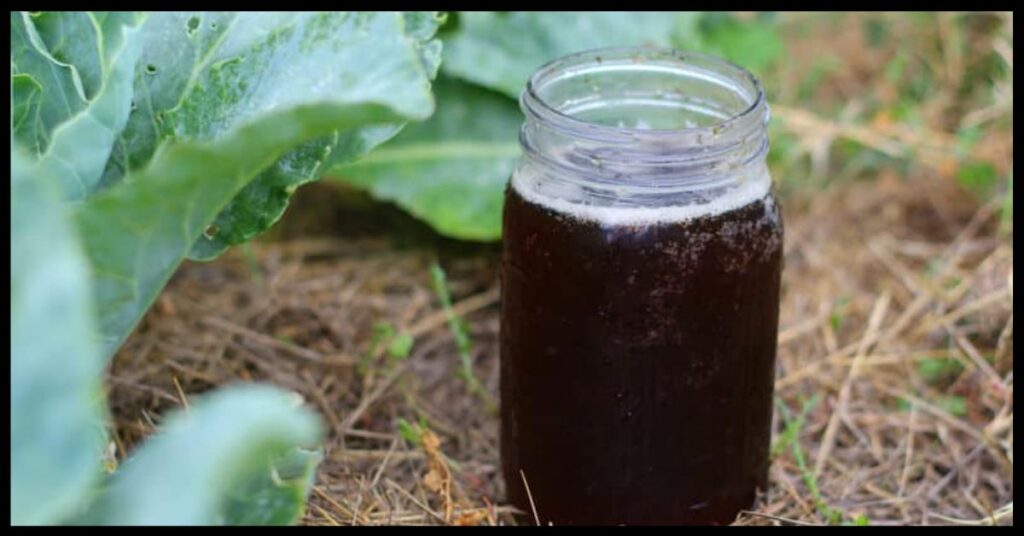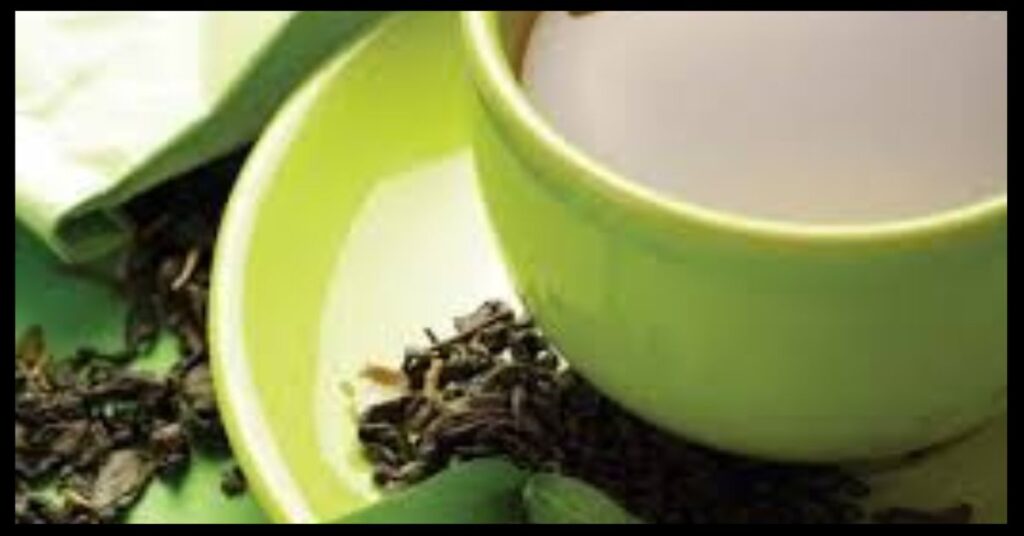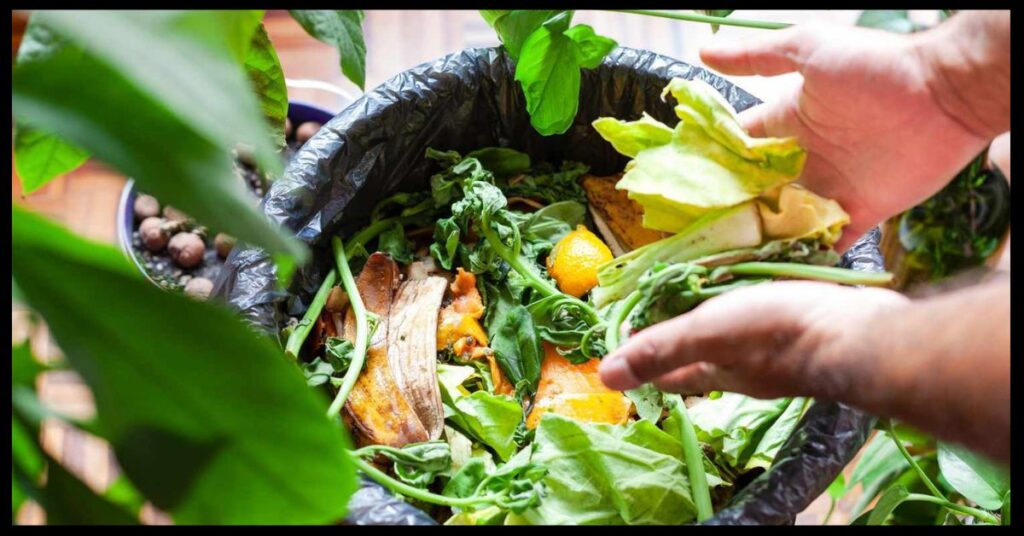Compost tea has emerged as a sustainable, nutrient-rich solution for gardeners and farmers looking to boost plant health without relying on synthetic fertilizers. Made by steeping compost in water, this organic liquid fertilizer introduces beneficial microorganisms into the soil and directly to plants. This article presents a detailed compost tea recipe, its benefits, and how to apply it effectively.
Table of Contents
ToggleWhat Is Compost Tea?
Compost tea is a water-based extract of compost that contains live beneficial microbes, nutrients, and organic compounds. It is applied to plants to enhance soil fertility, suppress diseases, and improve plant growth. Unlike chemical fertilizers, compost tea nurtures the soil ecosystem naturally.
According to the United States Department of Agriculture (USDA), compost tea enhances microbial diversity in soils, which plays a key role in nutrient cycling and disease suppression.

Benefits of Compost Tea
1. Improves Soil Health
The microbial population in compost tea boosts soil biodiversity, which helps in breaking down organic matter, fixing nitrogen, and releasing nutrients that plants can readily absorb.
2. Enhances Plant Immunity
Compost tea can help suppress foliar diseases like powdery mildew and soil-borne pathogens by outcompeting harmful microbes for resources.
3. Stimulates Root Growth
Nutrients and growth-promoting hormones found in compost tea support the development of healthy root systems, leading to improved water and nutrient uptake.
4. Reduces Dependency on Chemical Fertilizers
Regular use of compost tea allows gardeners to gradually reduce synthetic fertilizer usage, promoting long-term soil sustainability.
Types of Compost Tea
There are two primary types of compost tea:
- Aerated Compost Tea (ACT): Requires active oxygenation (usually using an aquarium pump). It supports aerobic microbes beneficial to plants.
- Non-Aerated Compost Tea (NCT): Made without additional oxygen input. While simpler to make, it can support anaerobic bacteria, some of which may not be beneficial.
For optimal results, aerated compost tea is generally recommended.
Materials Needed for Compost Tea
Before preparing compost tea, ensure all materials are clean and free of chemical residues.
Ingredients:
- High-quality compost (2 cups)
- Non-chlorinated water (5 gallons)
- Unsulfured molasses or other sugar sources (2 tablespoons)
- Optional: Liquid kelp, fish hydrolysate, humic acid (1 tablespoon each)
Equipment:
- 5-gallon bucket
- Aquarium pump with air stones (for aeration)
- Mesh bag or old pantyhose (for holding compost)
- Stirring stick or ladle
How to Make Aerated Compost Tea
Step 1: Prepare the Water
Fill the 5-gallon bucket with non-chlorinated water. If using tap water, let it sit uncovered for 24 hours to allow chlorine to evaporate, or use a water filter to remove chlorine and chloramine.
Step 2: Add the Compost
Place 2 cups of compost into the mesh bag. Ensure the compost is mature, rich, and free from contaminants.
Step 3: Add Food Sources
Add 2 tablespoons of unsulfured molasses to the water. This feeds beneficial microbes, increasing their population during the brewing process.
Step 4: Aerate the Mixture
Insert air stones connected to the aquarium pump into the bucket. Turn on the pump and brew the mixture for 24–36 hours. Stir occasionally to ensure even microbial growth.
Avoid brewing longer than 36 hours to prevent harmful bacteria from taking over, especially in warm temperatures.
Step 5: Strain and Apply
Once brewed, remove the compost bag and strain the tea through cheesecloth or a fine mesh to avoid clogging sprayers. Use the tea immediately for maximum effectiveness.

How to Apply Compost Tea
1. Soil Drench
Pour compost tea directly into the soil around plant bases. This introduces beneficial microbes to the root zone, enhancing nutrient absorption and root health.
2. Foliar Spray
Apply compost tea to leaves using a sprayer. This method helps control foliar diseases and allows quick nutrient absorption through leaf pores.
Apply early in the morning or late afternoon to avoid leaf burn and ensure microbial survival.
3. Frequency
Apply compost tea every 1–2 weeks during the growing season. Consistent use leads to noticeable improvements in plant health and soil quality.
Best Practices for Effective Use
- Use fresh, high-quality compost with visible worm castings for microbial diversity.
- Always brew in a shaded, ventilated area to maintain a stable temperature.
- Clean equipment thoroughly after each use to prevent contamination.
- Avoid storing compost tea for more than a few hours. Its efficacy diminishes rapidly as microbial populations decline.
Common Mistakes to Avoid
- Using Chlorinated Water: Chlorine kills beneficial microbes. Always use dechlorinated or filtered water.
- Overbrewing: Brewing for too long may result in anaerobic conditions and harmful bacteria.
- Using Low-Quality Compost: Poor compost may introduce pathogens or offer little microbial benefit.
- Storing Tea: Compost tea is most effective when used immediately. Storage reduces microbial activity.
Safety and Environmental Considerations
While compost tea is safe and organic, it should still be handled with care. Avoid applying near open wounds on plants or during extremely hot weather. Additionally, wash edible plants thoroughly before consumption if foliar-sprayed with compost tea.
To avoid potential contamination, use only compost derived from plant materials, avoiding manures unless they are fully composted and pathogen-tested.
Scientific Support and Research
Studies have shown the effectiveness of compost tea in improving plant growth and suppressing disease. For instance:
- A study published in Bioresource Technology found that compost tea significantly enhanced tomato plant growth and reduced foliar disease incidence.
- The Rodale Institute supports compost tea as a tool in organic agriculture to build soil health and improve crop resilience.
Conclusion
Compost tea is a powerful, eco-friendly tool for any gardener or farmer seeking sustainable growth solutions. With the right ingredients and preparation, it can revitalize soil, boost plant immunity, and reduce reliance on synthetic chemicals. As interest in organic and regenerative practices grows, compost tea offers a simple yet effective way to enhance plant health naturally.






